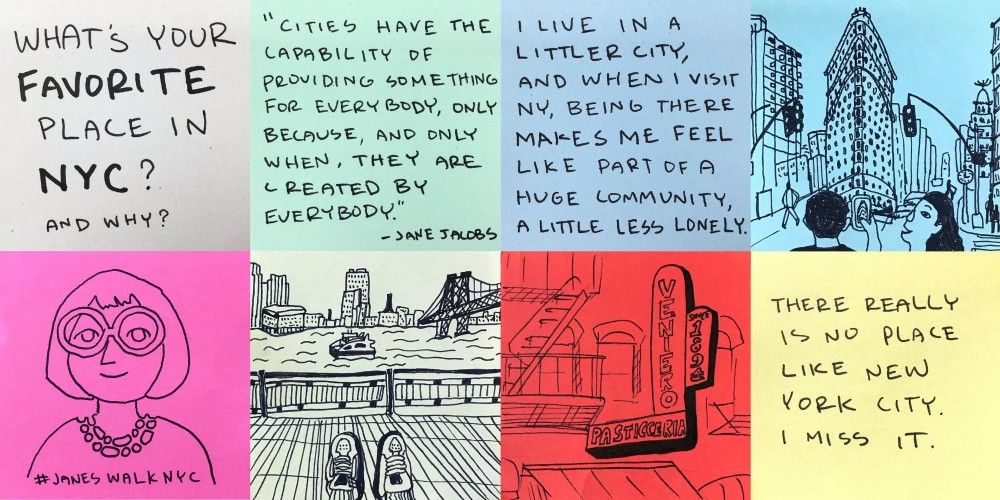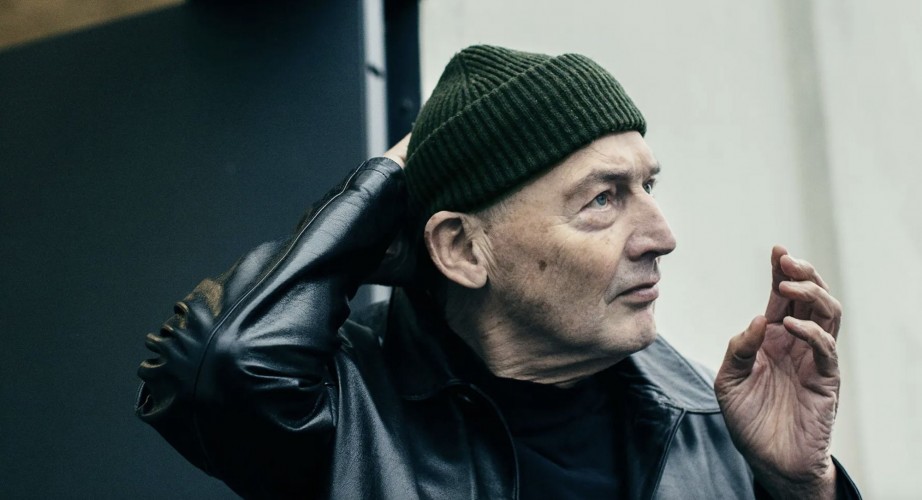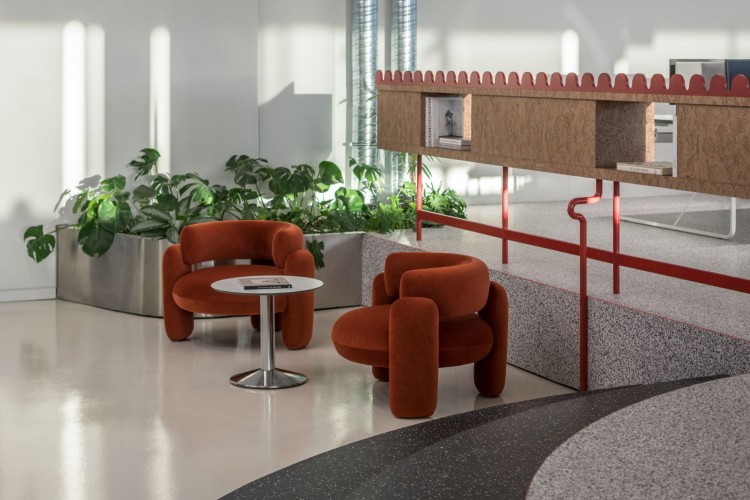Kader Attia: Ακτιβισμός και Τέχνη της “επανόρθωσης”.
DS.WRITER:
Σοφία Θρουβάλα
Κεντρική Εικόνα: Kader Attia, Ghost, 2007, aluminium foil, variable dimensions. Installation view Collector, Le Tri Postal, Lille, 2011-2012. Image courtesy of the artist and Galerie Nagel Draxler. Photo: Jean-Pierre Duplan | Πηγή Εικόνας: dreamideamachine.com
Ο Kader Attia είναι ένας πολύ σημαντικός καλλιτέχνης-ακτιβιστής, όπως αποκαλείται. Γνωστός για τη μεταλαμπάδευση των ιδεών του στο εικαστικό -και όχι μόνο- “σύμπαν”, έχει τιμηθεί με πολύ σημαντικές διακρίσεις, καθώς και με τη συμμετοχή και παρουσίαση της δουλειάς του σε μερικούς από τους γνωστότερους χώρους τέχνης, μουσεία και φεστιβάλ στον κόσμο. H σχετικά πρόσφατη ατομική του έκθεση στη Hayward Gallery του Λονδίνου, με τίτλο «The Museum of Emotion», εξερευνά, μέσα από μια σειρά εκθεμάτων που παραπέμπουν σε depo ανθρωπολογικού μουσείου, την απόστασή μας αλλά και την ταύτισή μας με την κατάσταση του να είσαι μέρος μιας ιστορίας, επιδιώκοντας, όπως τονίζει, έναν πραγματικό εκ βαθέων διάλογο. Τις εκθέσεις του συνοδεύουν συνήθως σειρές διαλέξεων και παρουσιάσεων, που στόχο έχουν τη διάδραση μεταξύ των θεατών, καλλιτεχνών και ειδικών διαφορετικών κλάδων, αγγίζοντας, σε ένα πιο θεωρητικό πλαίσιο, τις θεωρίες του Νικολά Μπουριό (Nicolas Bourriaud) για σχεσιακή τέχνη.
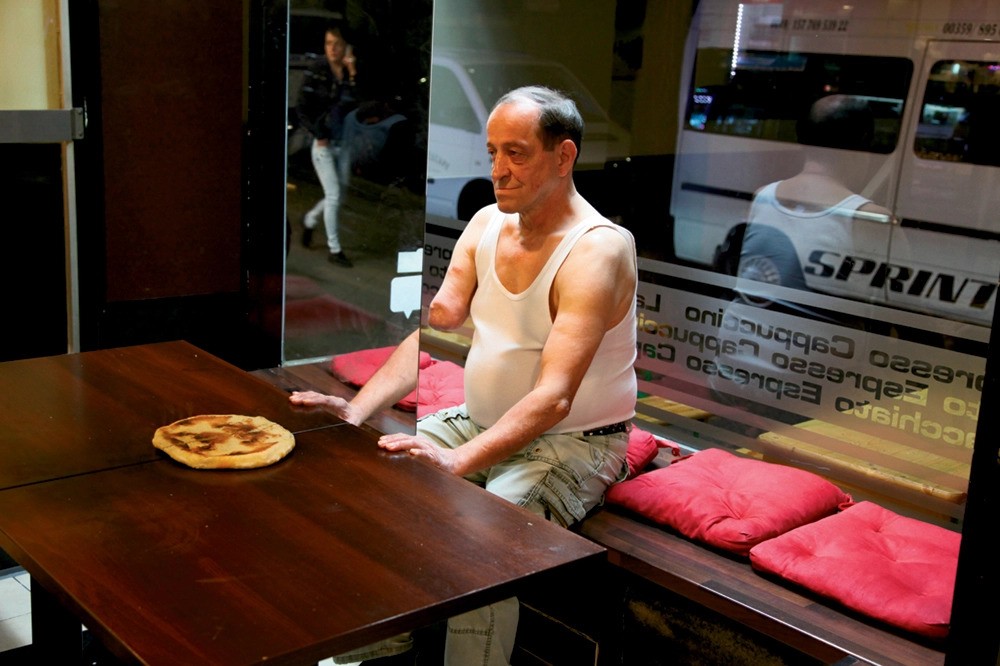
Kader Attia: Reflecting Memory, 2016, film, 40 minutes; At the Mary & Leigh Block Museum of Art. | Πηγή Εικόνας: artnews.com
Η έρευνα είναι η πρακτική που χαρακτηρίζει τη δουλειά του, με μια σύμπτυξη αισθητικής, ηθικής και ιστορίας, με στόχο το λεγόμενο “repair”. Η πολυπολιτισμική ποιότητα των έργων του είναι άμεσα συνδεδεμένη με την έννοια του συλλογικού τραύματος και τα όρια αυτού. Παρότι η λέξη “επανόρθωσης” ως όρος χρησιμοποιείται μη περιοριστικά στο corpus της δουλειάς του Attia, παραμένει δέσμια μιας ορολογίας -αρκετά προβληματικής- του κλάδου της ψυχανάλυσης, στον δυτικό τουλάχιστον κόσμο, καθώς είναι συνδεδεμένη με τις τραυματικές εμπειρίες που παραγωγικά γίνονται εξατομικευμένες φοβίες και τραύματα. Αυτό απασχολεί έντονα τον καλλιτέχνη, όπως επίσης τον ενδιαφέρει και η έννοια της “κάθαρσης” ως μιας δυτικού τύπου “συγχώρεσης”, η οποία καλείται να ρυθμίσει και συνάμα να “επανορθώσει” τον ανθρώπινο ψυχισμό. Όλα αυτά περιπλέκονται στις έρευνες του Attia, ο οποίος προσπαθεί να ενώσει την τέχνη και την ιστορία γεφυρώνοντας το χάσμα τους, επιχειρώντας μια “επανόρθωση” συναισθηματική και κατ’ επέκταση πολιτισμική.
Τίτλοι όπως “Scars Remind Us that Our Past is Real” (2018, Fundacio Joan Miro, Barcelona), και “Sacrifice and Harmony”, μεταφέρουν ξεκάθαρα τη φιλοσοφία αλλά και τη γλώσσα του καλλιτέχνη, ενώ επίσης οι λέξεις “επανόρθωση” και “μνήμη” ανακυκλώνονται ξανά και ξανά στους τίτλους κειμένων και έργων του, όπως το “Repairing the Invisible” στο SMAK (Γάνδη), το “Museum of Repair” στη State of Concept στην Αθήνα μόλις το 2021, και το εμβληματικό “Reflecting Memory”. Στο τελευταίο ο καλλιτέχνης εκθέτει πολλαπλές εκδοχές “παραδοσιακού”, συνδυάζοντας την έννοια του οικείου με την ταυτόχρονη αίσθηση του ανοίκειου, σε έναν ενιαίο χώρο που διασπάται σε μικρότερους εξ ολόκληρου ξένους μεταξύ τους χώρους, δημιουργώντας έτσι, ταυτόχρονα, έναν ενιαίο -μια μακέτα ενός “κόσμου”. Για το έργο αυτό, ο Kader Attia απέσπασε το πολύ σημαντικό βραβείο Marcel Duchamp το 2016.
Μεγαλωμένος μεταξύ Γαλλίας και Αλγερίας, ενδιαφέρεται έντονα για τη διαπολιτισμικότητα, για την εμπειρία της τέχνης ως συνδέσμου διαφόρων πολιτισμών, σε μια ώσμωση που ανιχνεύεται στα βάθη της ιστορίας. Η ερευνητική δράση επικεντρώνεται, θα λέγαμε, στην ιστορική εξέλιξη διαφόρων πολιτισμικών ομάδων βάσει της ιστορίας τους, και συγκεκριμένα στις τραυματικές εμπειρίες που περνούν από γενιά σε γενιά μέσω της προφορικής ιστορίας ως μαρτυρίας. Ειδικότερα, μελετά πώς οι εμπειρίες στέρησης και καταπίεσης, οι μνήμες γύρω από το τραύμα της βίας, της απώλειας και του πολέμου, μπορούν κατά κάποιον τρόπο, αν όχι να δρομολογήσουν, να εξηγήσουν τουλάχιστον την εξέλιξη αυτών των ομάδων, δηλαδή ανθρώπων-εθνών-κοινωνιών εμμέσως ή άμεσα κοινωνιών του εκάστοτε συλλογικού τραύματος.
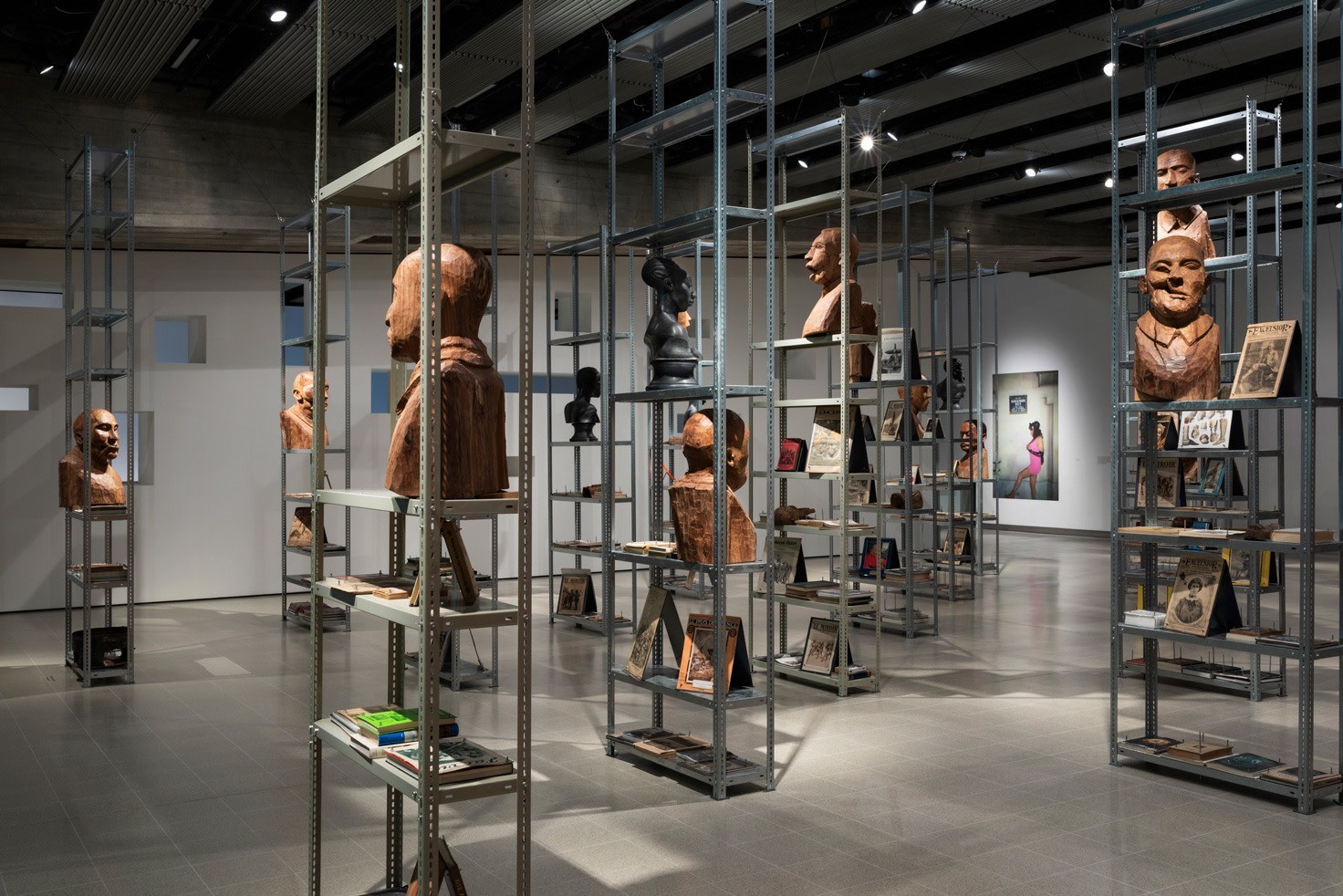
The Museum of Emotion, Installation view, Hayward Gallery, Southbank Centre, London, United Kingdom, February 13 – May 6, 2019, Photo by Thierry Bal | Πηγή εικόνας: lehmannmaupin.com
Μέσα από την εικαστική και κειμενική έκθεση και ανάπτυξη της έννοιας του συλλογικού -δηλαδή διαμεσολαβημένου- τραύματος, ο καλλιτέχνης επιδιώκει την κάθαρση-αναγνώριση η οποία προκύπτει συνεπαγωγικά με την επανοικείωση και την ανάρρωση από αυτό. Προκειμένου να διευρύνει την έρευνά του, ο καλλιτέχνης ίδρυσε το 2016 στο Παρίσι το La Colonie, έναν “πολυχώρο” πολιτισμών, στον οποίο κυρίως ευδοκιμεί ο διάλογος και η συνδιαλλαγή ιδεών, ως ένα αόρατο εμπόριο το οποίο, σύμφωνα με τη φιλοσοφία του ίδιου του Attia, συμβαίνει εδώ και αιώνες. Η διεπιστημονική και διαπολιτισμική οργάνωση των συναντήσεων στο La Colonie στοχεύει στην αποαποικιοποίηση της θεωρητικής και πρακτικής γνώσης, η οποία -αποδεσμευμένη πια από ιδιοκτησιακά χαρακτηριστικά- μπορεί να επικοινωνηθεί και να επιτύχει ένα πολιτισμικό πλησίασμα.
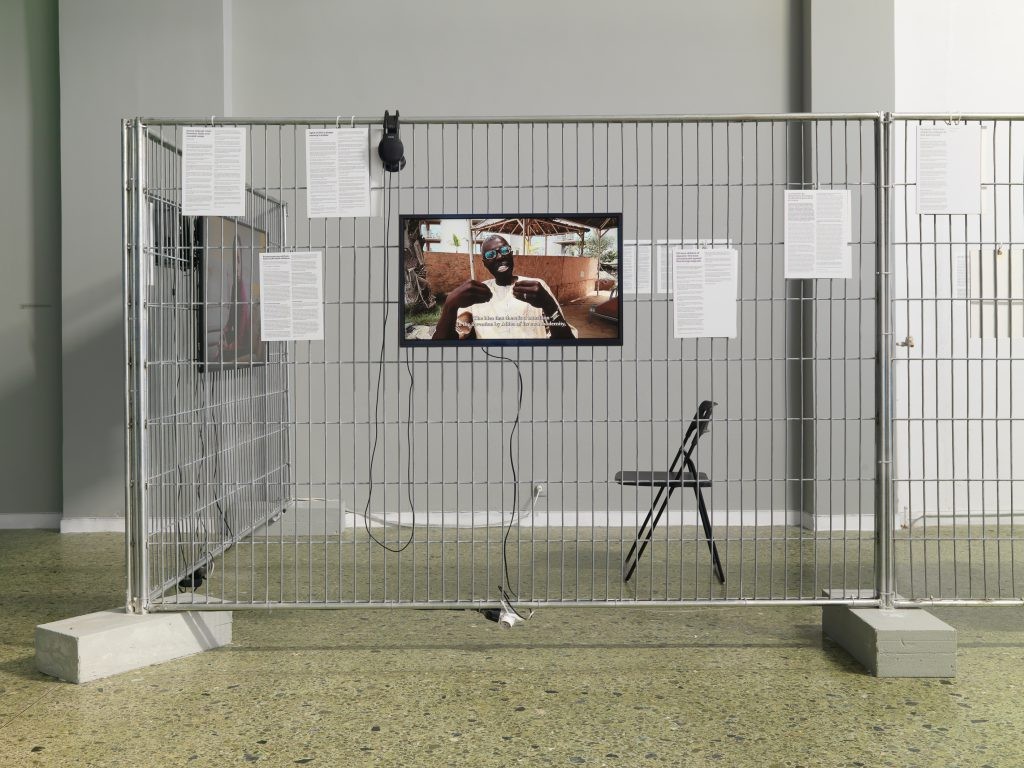
Πηγή Εικόνας: stateofconcept.org
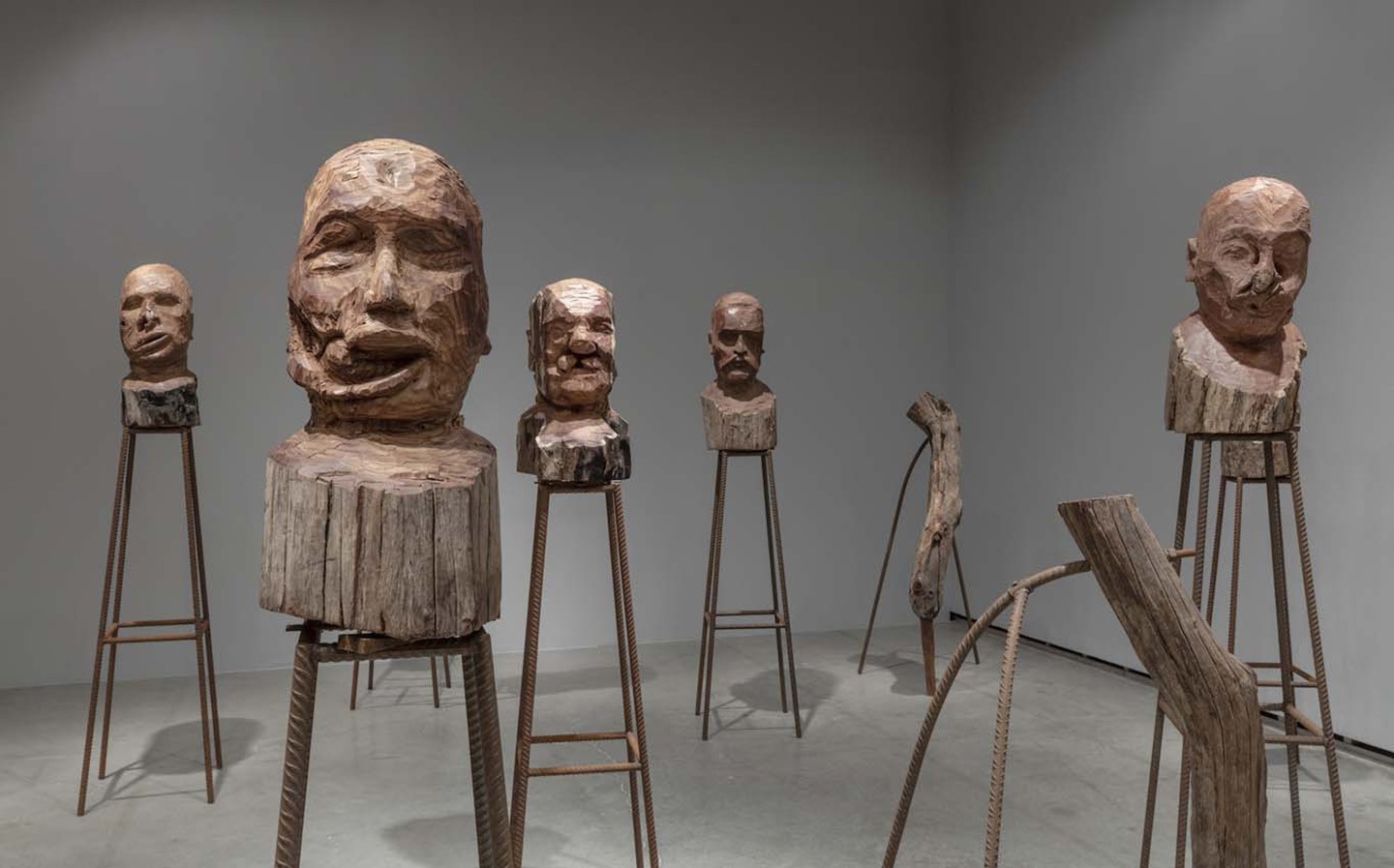
Kader Attia, J’accuse, 2016. Exhibition view “The Field of Emotion”, The Power Plant, Toronto Courtesy: The artist and Galerie Nagel Draxler | Photo: Tony Hafkenscheid | Πηγή Εικόνας: moussemagazine.it
Οι ιδέες αυτές, ως απόσταγμα της προσωπικής δουλειάς του, έγιναν φέτος θεωρητικό “μανιφέστο”, πλαισιώνοντας τη 12η Μπιενάλε τέχνης του Βερολίνου (2022), υπό τον τίτλο “Still Present!”, με τον Attia να την επιμελείται. Όπως υπογραμμίζει στο επιμελητικό κείμενο, η έκθεση αφορμάται από την αίσθηση του μη-επανορθώσιμου, του ολοκληρωτικά χαμένου στον βωμό του φιλελεύθερου καπιταλισμού. Πάλι, προτείνεται η έρευνα στους ιστορικούς μετασχηματισμούς, που κληροδότησαν σε εμάς το φαινομενικά αδιόρθωτο παρόν και ένα δυστοπικό μέλλον. Η επικοινωνία των πληγών, που συνεχίζουν να στοιχειώνουν τις κοινωνίες της (δυτικής) μετανεωτερικότητας, μέσω της τέχνης προσφέρει το πρώτο -πολύ σημαντικό- στάδιο επίλυσης, την αναγνώριση, βασικό αίτημα της ακτιβιστικής, επιμελητικής και εικαστικής δράσης του Attia.
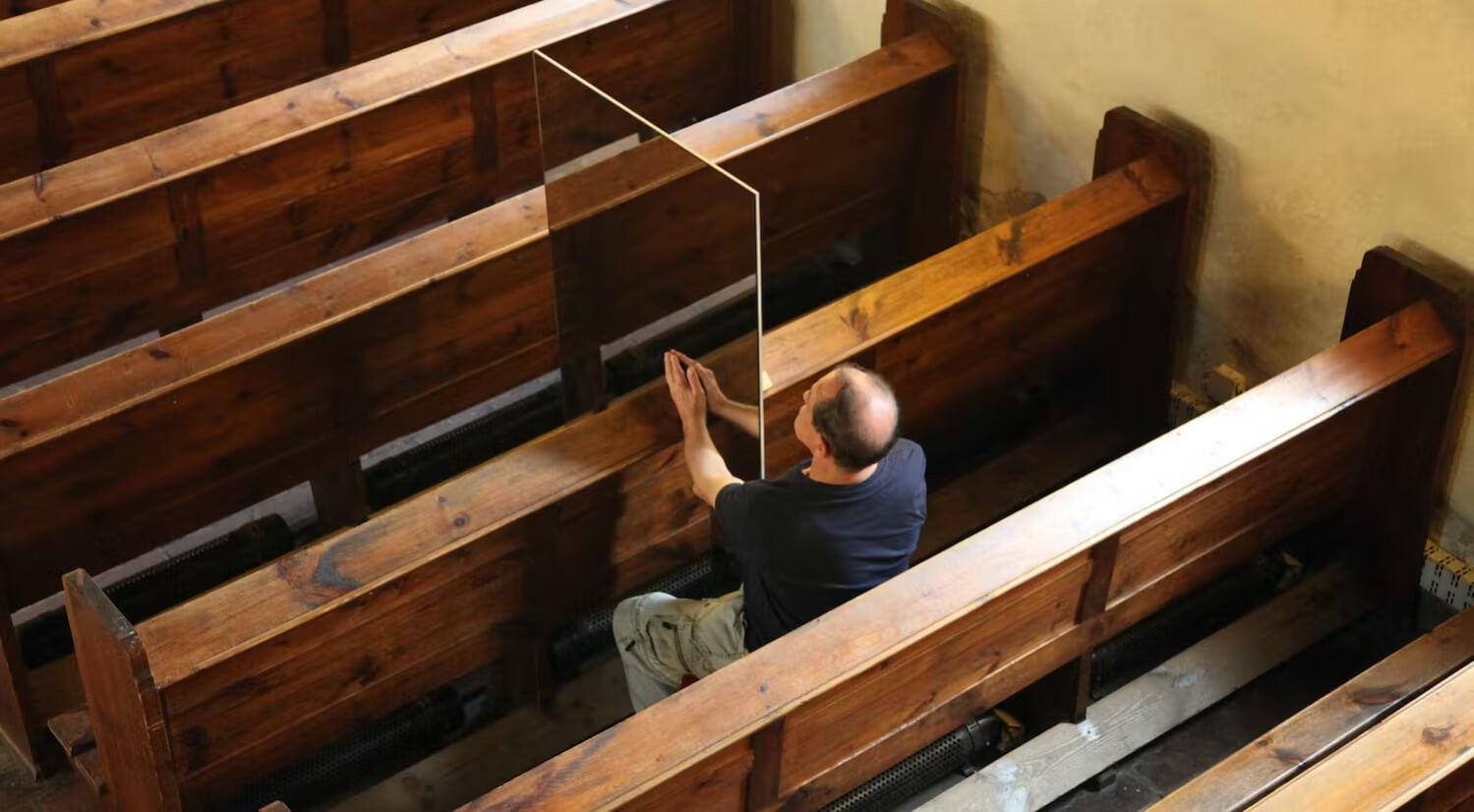
Kader Attia: Reflecting Memory, 2016, film, 40 minutes; At the Mary & Leigh Block Museum of Art. | Πηγή Εικόνας: artnews.com
Further Reading:
https://www.e-flux.com/announcements/372453/kader-attia-appointed-as-curator-of-12th-edition/
https://www.bakonline.org/program-item/fragments-of-repair/fragments-of-repair-kader-attia/
https://lab.cccb.org/en/when-the-institutional-cure-is-worse-than-the-mental-illness/
https://universes.art/en/berlin-biennale/2022
https://www.fmirobcn.org/en/exhibitions/5739/kader-attia-scars-remind-us-that-our-past-is-real
https://smak.be/en/exhibitions/kader-attia-repairing-the-invisible
https://stateofconcept.org/exhibition/kader-attia/





